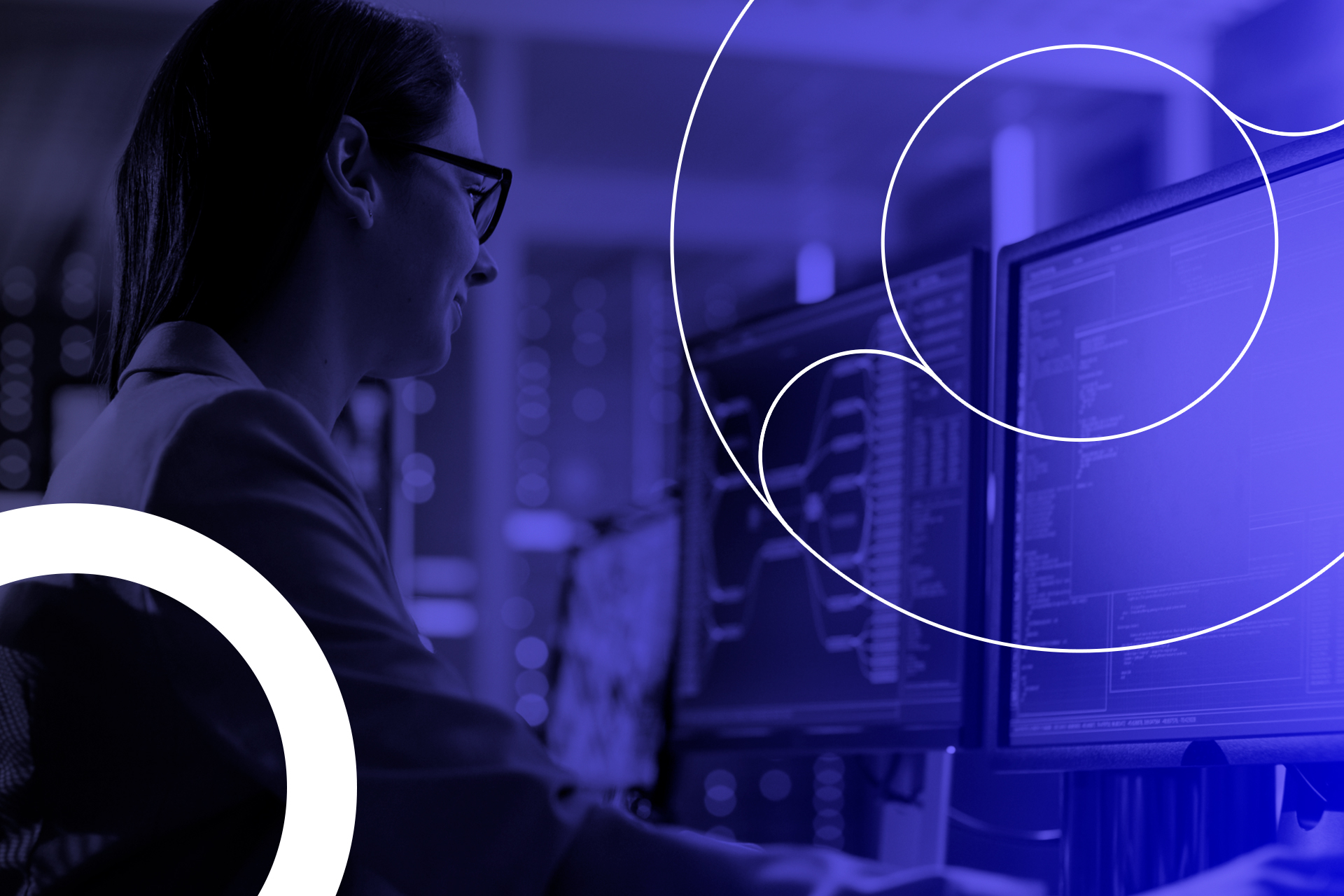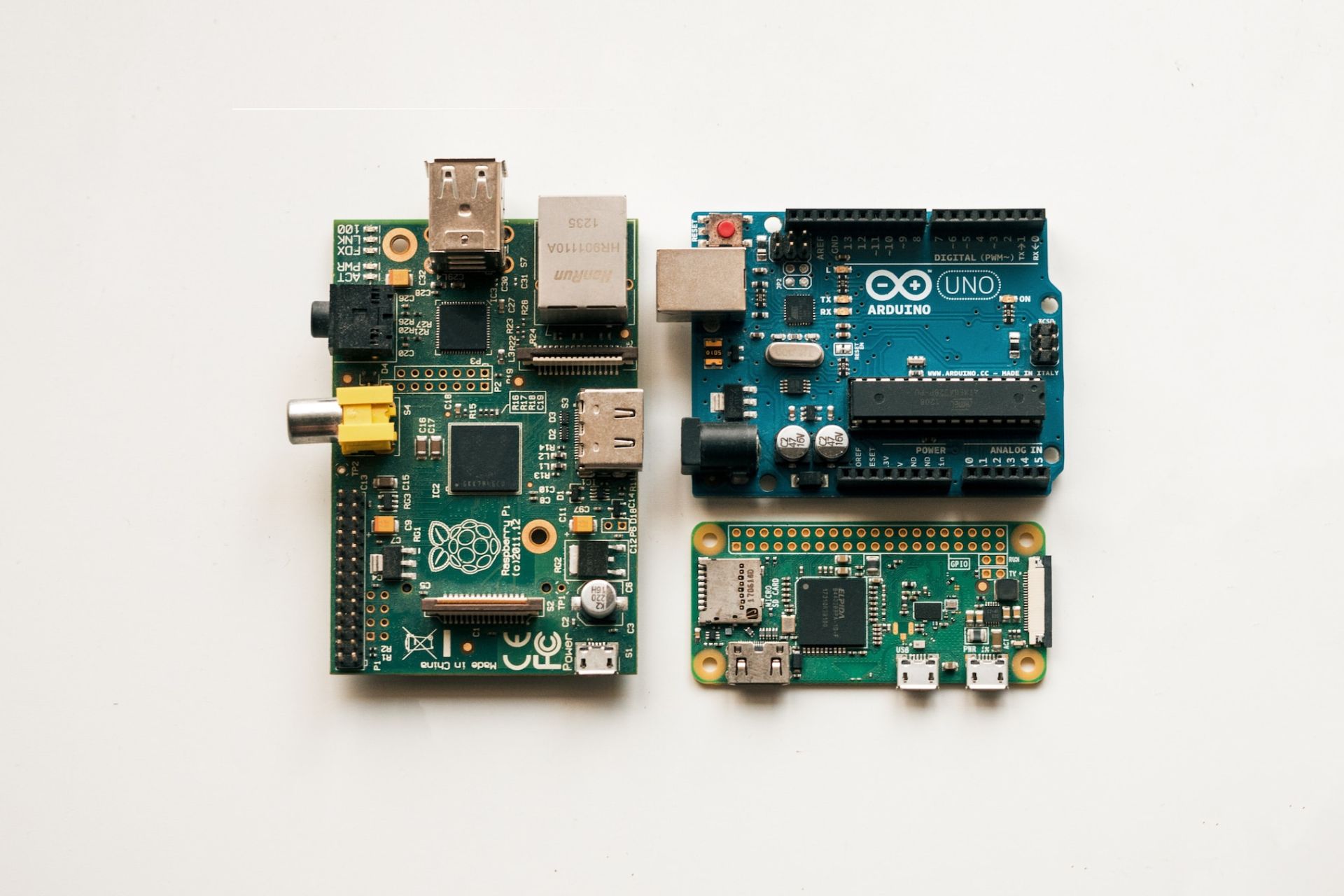
15 Cybersecurity Trends to Watch
December 19, 2017 - Emily Newton
Revolutionized is reader-supported. When you buy through links on our site, we may earn an affiliate commission. Learn more here.
Much of the globe seems poised on the verge of either great or terrible things. Technology, too, finds itself at a critical inflection point — this one between convenience and security. The following list of 15 cybersecurity trends is by no means exhaustive, but we do hope you think of it as a brief crash course and an eye-opener. Now that we rely on technology for so much in our personal and professional lives, the moment has finally arrived when none of us can take cybersecurity and privacy for granted any longer.
1. Machine Learning
We get it — it still sounds like the stuff of science fiction. But believe it or not, the smartphone in your pocket is probably already doing some learning of its own to make your life more convenient.
2. Big Data
Data as a commodity? It’s not as crazy as it sounds. In fact, experts are already calling big data the next oil in terms of its global reach and profitability.
3. Data Collection
Data collection is what powers big data. Amazingly, we’ve also reached a point in our technological development where even our children have data history from ever-earlier ages, to say nothing of all those embarrassing baby photos on Facebook.
It’s possible 2018 will help herald a future where exhaustive amounts of data are collected on each of us simply as a matter of course — unless we remember to explicitly opt out. Or delete our accounts. Or go live in the woods in a lean-to, probably.
4. Ransomware
“Ransomware” as a cybersecurity trend doesn’t yet enjoy the mainstream appeal of words like “virus” or “phishing,” but that will probably change in 2018. It’s getting easier for would-be extortionists to add a small piece of code to your operating system that lets them lock you out in exchange for — you guessed it — a cash ransom.
5. Authenticity
What does the word “authenticity” mean to you? Maybe you want to know your favored news source isn’t “fake.” Maybe you want to know that the email you received last week with a download link in it was from the person you thought it was.
Authenticity represents different priorities for each of us, but the future will only make it more vital that we’re interacting with the parties we expect. For example: whenever you download software to your computer, take a moment to make sure the download link wasn’t spoofed or that somebody didn’t launch a lookalike app to harvest information from you.
6. Consumer Privacy
Privacy has become a sore spot among consumers, which is not very likely to change in 2018. But as you can probably imagine, providing everyday folks with the things they want and need without collecting at least some data about them is a difficult needle to thread.
Nevertheless, we’re already seeing privacy become a selling point for some brands and a black mark against others. Apple and Google are arguably the two most powerful consumer-level technology companies in the world, and as you probably know, their privacy philosophies differ in some fundamental ways and are eerily similar in others.
7. The Internet of Things (IoT)
You’d have gotten some crazy looks a few years back if you told people we’d one day be sewing transistors into our socks and jocks. And yet, here we are, with some 8.4 billion devices connected to the internet — including lightbulbs, power outlets and clothing.
8. Artificial Intelligence (AI)
Once again, we land in the former realm of science fiction. You may often hear a distinction made between “virtual intelligence” and a true “artificial intelligence.” The latter, of course, is a significantly harder feat to achieve. Might we finally get it done in 2018? Stephen Hawking is already ringing the alarm bells.
9. Cryptocurrencies
Cryptocurrency is a difficult thing to explain to the uninitiated. It refers to a type of money that’s purely digital and effectively invisible. It’s also extremely volatile — much more so than most other types of world currency.
But what is cryptocurrency actually “made of”? We’re glad you asked. You’ve probably heard of Bitcoin. A single bitcoin is essentially a little bundle of data, which contains timestamps. The timestamps prove that this bundle of data was “worked on” and when. When you get right down to it, a Bitcoin is proof that a coin miner’s computer was turned on at such-and-such a time.
That fact alone gives that little bundle of ones and zeros value — albeit an unpredictable one. What a strange future indeed.
10. Biometrics
Apple threw a major gauntlet down at the end of 2017 concerning biometrics. Face ID, though not without its occasional hiccups, is clearly an indication of the future direction of things. In 2018 and beyond, we will become more and more comfortable abandoning traditional passwords and put more and more trust in things like face detection, fingerprint scanners and even palm readers.
11. Multi-Factor Authentication
Multi-factor authentication is already a trending cybersecurity subject in 2017. It’s likely to inch further into the spotlight in the new year.
Multi-factor (or two-factor) authentication follows up your entry of a password with either a text message or an email with an additional one-time code. This confirms your identity better than a password alone and could prevent your account from being compromised.
12. Advanced Analytics
If you sell or exchange goods on the internet, there’s a good chance you already make use of insights into your customers’ habits and purchasing tendencies. Even the smallest small business will have powerful analytics tools at its disposal in the future.
13. Data Breaches
Data breaches are a depressingly regular occurrence these days. And unless something major changes about the way we store important information, they’re not going to go away. It’s true that some companies take this sort of thing more seriously than others, but new technologies will help bring everybody up to speed — if not in 2018, then hopefully soon after.
One possibility involves the promise of Blockchain. It could help us geographically disperse our critical data so that even if thieves make off with part of it, they’d also need the rest to “decode” it. Blockchain might even reinvent internet infrastructure as we know it.
14. Critical Infrastructure Attacks
Throughout 2017, media outlets ran periodic stories about mysterious hacking attempts on local power grids and news stations. Some were attributed to foreign state actors. Others remained unexplained.
There’s a reason scientists and technologists are calling on their colleagues to run for Congress. We need people in government who understand threats like these and who can help lawmakers balance public safety with the public’s right to privacy. We’ll need to be more proactive in 2018 and beyond if we want to ensure nobody compromises the infrastructure we rely on — like power plants and voting machines.
15. Cloud Technologies
Finally, we end with cloud technology — one of the most familiar terms on this list. It fits in snugly with the rest of the 2018 trends on this list and influences most of them. The cloud is what powers ubiquitous computing. Our data — and therefore our social and professional lives — follows us everywhere now.
We can expect to see ubiquitous computing roll out to even more of our industries, including the automotive sector. And cybersecurity trends will needed to protect these industries. Our cars will soon function as mobile computers and allow us access to all of the digital resources that matter to us, no matter where the road might take us. With all this advanced technology, security will need to advance along with it. These cybersecurity trends will continue to advance with each technology update.
In a nutshell, that’s kind of the position we find ourselves in: hurtling down a road toward a panoply of mostly exciting, but slightly scary, possible futures. One way or another, technology will be there waiting.
Revolutionized is reader-supported. When you buy through links on our site, we may earn an affiliate commission. Learn more here.
Author
Emily Newton
Emily Newton is a technology and industrial journalist and the Editor in Chief of Revolutionized. She manages the sites publishing schedule, SEO optimization and content strategy. Emily enjoys writing and researching articles about how technology is changing every industry. When she isn't working, Emily enjoys playing video games or curling up with a good book.







